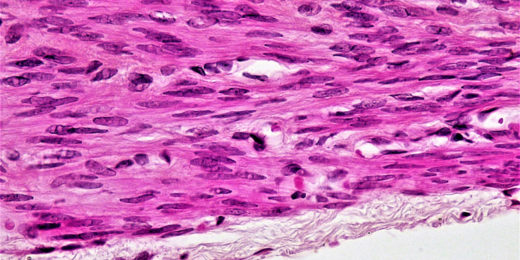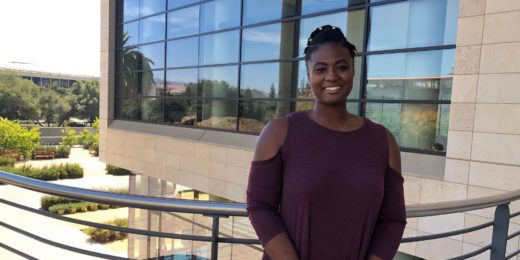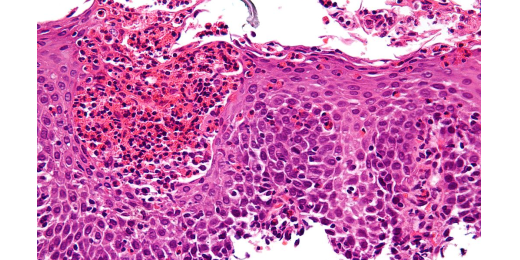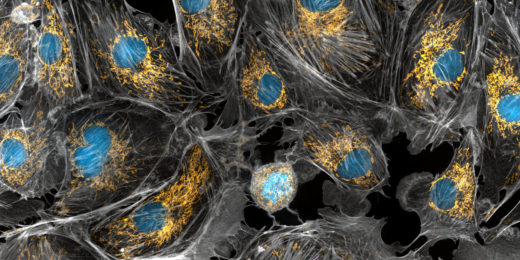Graduate student Krissie Tellez discusses her research on hormones and offers advice for future graduate students in this In the spotlight Q&A.
Author: Roxanne Ohayon
Identification of first-in-class enzyme involved in childbirth and muscle diseases
New Stanford research has identified an enzyme that plays a critical role in uterine contractions as well as in other muscle tissues.
In the Spotlight: A different side of neuroscience
In this In the Spotlight, graduate student Beatriz Robinson discusses her research on the enteric nervous system and her interests outside of science.
More data, more problems: Selecting fewer measurements could improve health-risk assessments
A Stanford study highlights a data optimization method for health-risk assessments to lower costs and and improve diagnostic power.
In the Spotlight: “Science is like meditation”
In this In the Spotlight Q&A, Yaw Shin Ooi, a postdoctoral fellow in microbiology and immunology shares his thoughts on science, Buddha, and more.
A bicyclist’s road to recovery after traumatic brain injury
Brett, an avid cyclist, suffers a traumatic brain injury in a biking accident, but at Stanford he partners with his care team to pursue recovery.
In the Spotlight: At the intersection of tech, health, and ethics
Nicole Martinez-Martin, a postdoctoral fellow in biomedical ethics, shares her experiences in the realms of teaching, law, and health in this In the Spotlight Q&A.
A new strategy for combatting antibiotic-resistant infections
Stanford chemists have developed a potential new strategy for fighting antibiotic-resistant bacterium — adding a new molecule onto an existing antibiotic.
In the Spotlight: Using bats to understand disease and affect policy
Dorothy Tovar, a graduate student and Boston native, explains her research and her career goals in this In the Spotlight feature.
Stars of Stanford Medicine: Genetic counseling and compassion
In this Stars of Stanford Medicine Q&A, Kim Kinnear shares her perspective as a graduate student in genetic counseling.
Patient finds relief in treatment for chronic esophagus inflammation
A Stanford medicine patient regains quality of life after receiving treatment for his rare inflammatory esophagus condition.
Headaches, nausea and misdiagnoses: A patient’s experience with a CSF leak
Ten years and multiple diagnoses later, a young woman finally found answers to her headaches, nausea, and sensory overload at Stanford.
Prenatal exposure to acute stress can affect cognitive function in children of low-income households
A Stanford study finds that after being exposed to a prenatal event of acute stress, children from poor households suffer negative cognitive effects.
A closer look at the powerhouses of the cell, mitochondria
A recent lecture by clinician-researcher Daniel Bernstein highlighted an imaging technique for assessing the diverse ways mitochondria behave within heart cells.
Improving mental health in schools is key to successful learning
Shashank Joshi discusses the impact of a proactive attitude towards mental health awareness and mental illness treatment, and why mental health in schools is key for student engagement and learning in this podcast.
Editorial shows importance of looking beyond medications to treat pain
Brain regions not directly involved in the receipt of pain signals play a key role in the perception of pain, and show the importance of non-drug therapies.

















